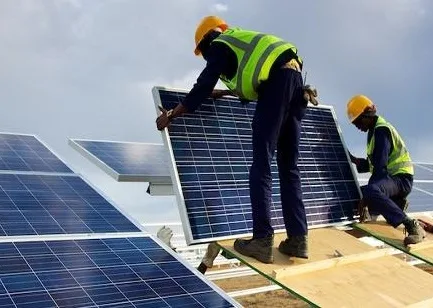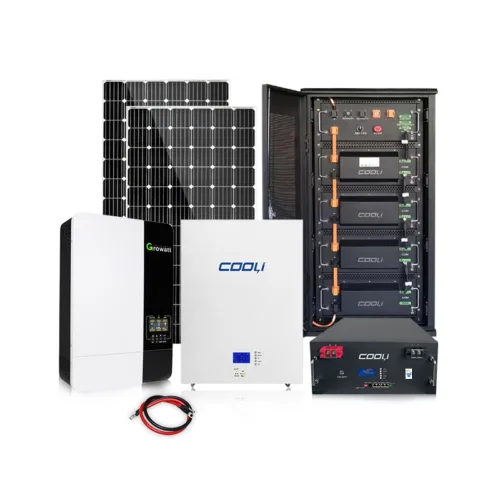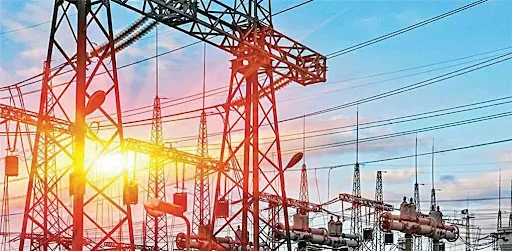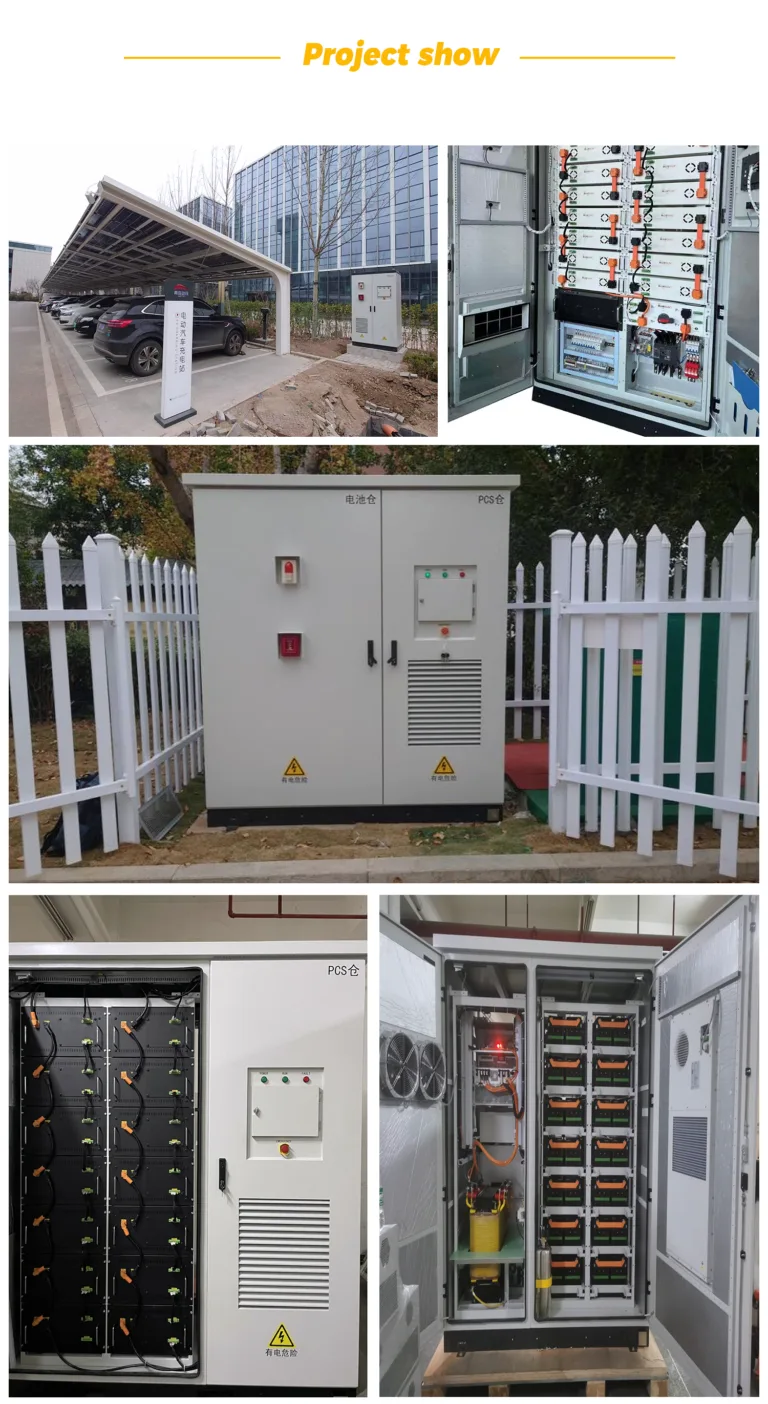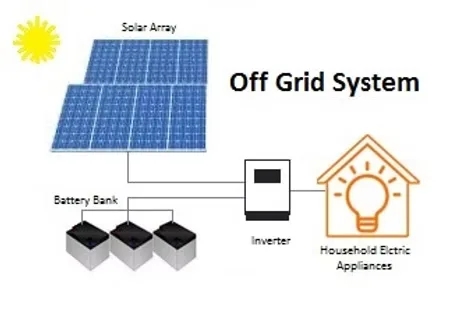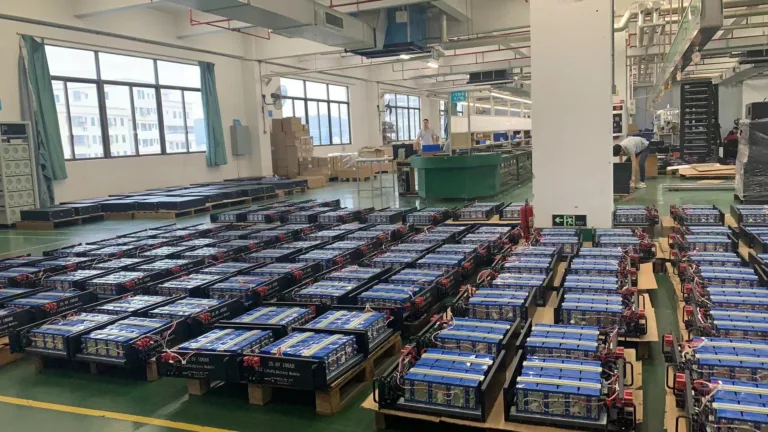12 Major Outages & a Booming Nigeria Solar Market in 2025!
Nigeria Solar Market: Addressing the Power Crisis with Renewable Solutions
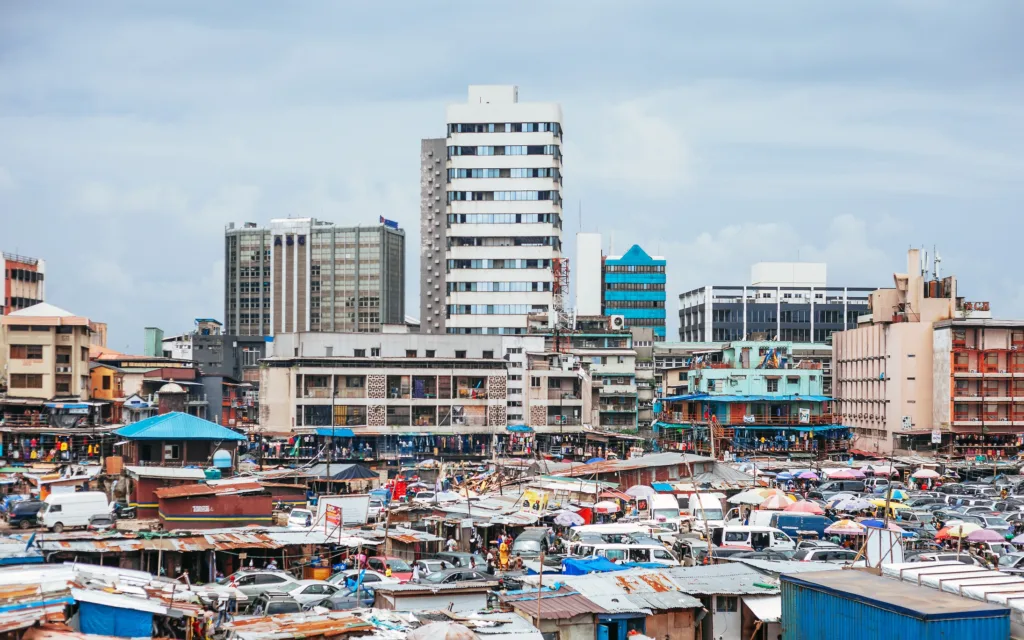
As 2025 begins, the Nigeria Solar Market is gaining traction amid the country’s ongoing power crisis. Following 12 major outages throughout 2024, Nigeria has already experienced two national grid collapses in the first two months of this year, each lasting between 10 and 30 hours. Meanwhile, the Rural Electrification Agency has disclosed that approximately 20,000 communities remain without access to electricity, highlighting an even more severe power shortage than official statistics suggest. This crisis poses a significant threat to economic growth and social stability.
Severe Power Shortages Persist
Nigeria’s national grid remains fragile, experiencing nearly 140 system failures over the past decade. In some regions, residents receive only 5-6 hours of stable electricity per day. The demand for reliable power solutions is urgent, presenting a vast market opportunity for the Nigeria Solar Market, particularly in household solar energy storage systems.
Rapid Population Growth and Rising Energy Demand
As Africa’s most populous nation with over 220 million people and a high population growth rate, Nigeria is witnessing an increasing demand for electricity. As economic conditions improve, more households are acquiring electrical appliances, creating a massive potential user base for residential solar energy storage systems. This presents a great opportunity for the expansion of the Nigeria Solar Market.
Economic Impact of Power Failures
Frequent blackouts have significantly disrupted businesses across Nigeria. Restaurants, office buildings, and factories are forced to shut down unexpectedly, delaying production and causing financial losses. To cope, many business owners rely on generators, but rising fuel prices have dramatically increased operational costs. On October 14, 2024, Nigeria’s national grid collapsed for the third time within a single week, further hampering economic progress. This instability drives more businesses and households to explore the Nigeria Solar Market as a viable alternative.
Government Policies Supporting Renewable Energy
Energy Transition Plan

In August 2022, Nigeria launched its Energy Transition Plan, followed by the enactment of a new Electricity Act in June 2023, which decentralizes power sector control. Under the country’s “Green Vision” plan, Nigeria aims to deploy 30GW of electricity by 2030, with 30% coming from renewable energy sources, strengthening the Nigeria Solar Market.
Incentives for Solar Energy Investment
The government has introduced various incentives, including feed-in tariffs (FiT) and power purchase agreements (PPA), ensuring stable returns for solar system suppliers while attracting foreign investments. Additional measures such as subsidies for contractors, tax reductions, and lower import duties on solar products encourage private sector participation in the Nigeria Solar Market.
Nigeria Solar Market Potential
Abundant Solar Resources

Located in the tropical region, Nigeria enjoys abundant sunshine throughout the year, making it an ideal location for solar power generation. Moreover, there is a strong acceptance of solar energy and storage solutions among consumers, creating favorable conditions for the growth of the Nigeria Solar Market.
High Market Demand
With persistent electricity shortages, both residential and commercial sectors urgently seek stable power solutions. Home solar energy storage systems offer a reliable alternative, reducing dependency on the unstable national grid and fulfilling the growing energy needs of Nigerian households and businesses. The Nigeria Solar Market is well-positioned to address these challenges and meet the increasing demand for reliable electricity solutions.
As Nigeria continues to grapple with its power crisis, the Nigeria Solar Market is expected to expand significantly. This presents a promising opportunity for businesses and investors in the renewable energy sector to contribute to the country’s energy transformation while tapping into a highly lucrative market.
Nigerians press for solar jobs and electricity, with little success
2025’s Best Home Inverters and Batteries: Never Lose Power!
LiFePO4 Home Backup Battery – 2025 Complete Buyer’s Guide
5kWh LiFePO4 Battery in Vietnam 10kWh Energy Storage Solutions for Yemen 10kWh LiFePO4 Batteries 10kWh Solar Battery Costs in Myanmar 10kW solar system cost 15kWh Solar Battery 24V vs 48V Lithium Battery 48V 300Ah kWh 48V Lithium Batteries 51.2V 200Ah 10kWh Battery 150kW Solar System 300Ah 51.2V Floor Standing Battery 300Ah LiFePO4 battery Battery IP Ratings battery manufacturer in China Best LiFePO4 Batteries Engineered for Middle East Desert Best Lithium Battery in Pakistan Cheapest Home Battery China’s Top Battery Manufacturer Custom Lithium Batteries Depth of Discharge (DoD) energy storage battery Grade A Battery Home Batteries for Dutch Families home energy storage Home Energy Storage Batteries Lead-Acid Battery Lead-Acid to Lithium LiFePO4 batteries LiFePO4 Batteries in Australia LiFePO4 Batteries in the Philippines LifePo4 battery LifePO4 Battery Technology LiFePO4 Battery vs. Lithium-Ion LiFePO4 disadvantages Lithium Batteries in Solar Systems Lithium Battery Manufacturer Lithium Battery Safety Tips lithium ion battery Market Trends Solar Batteries in Syria Solar Panel solar system Wall-Mounted Battery Wall vs Rack Batteries

